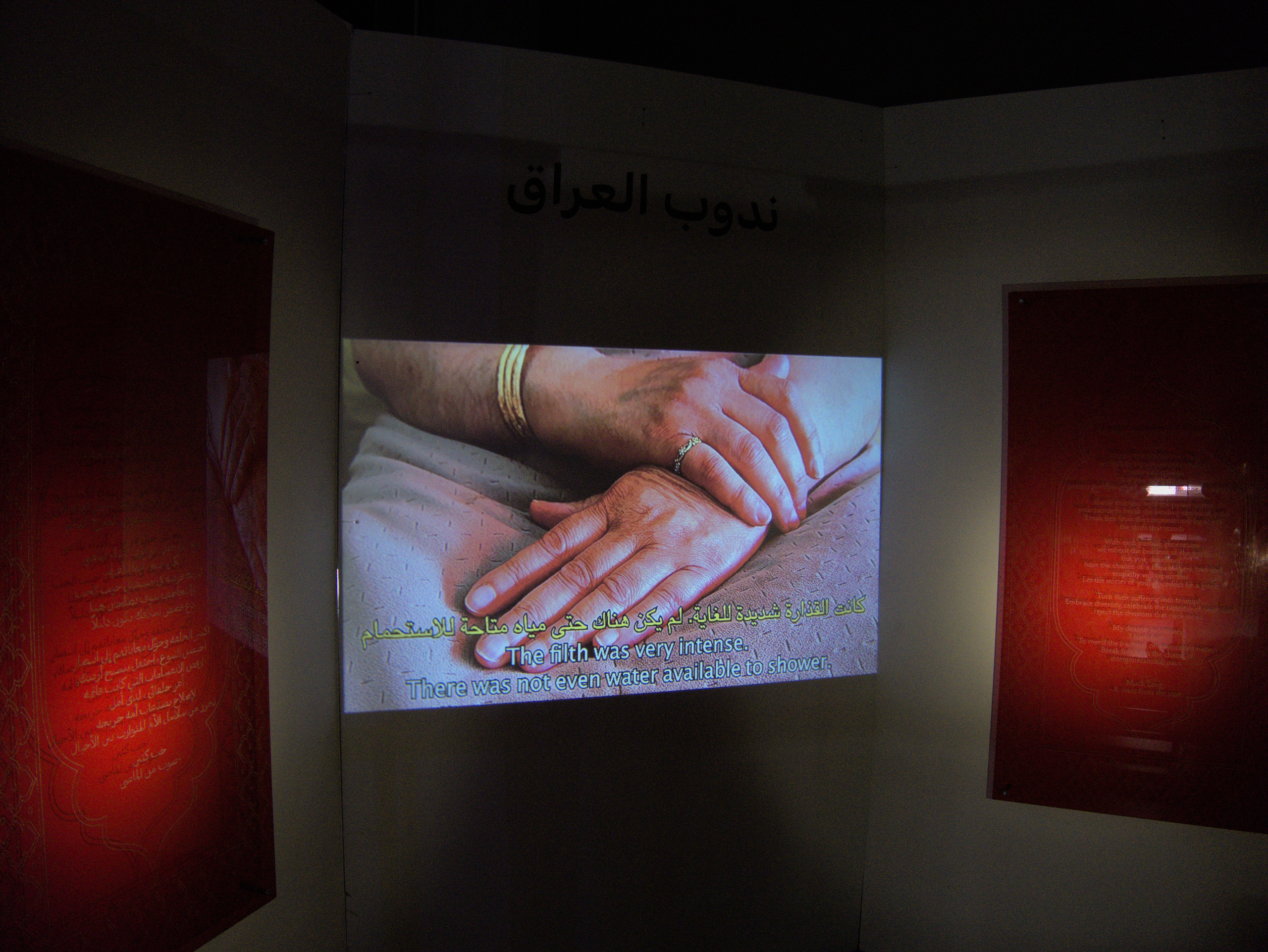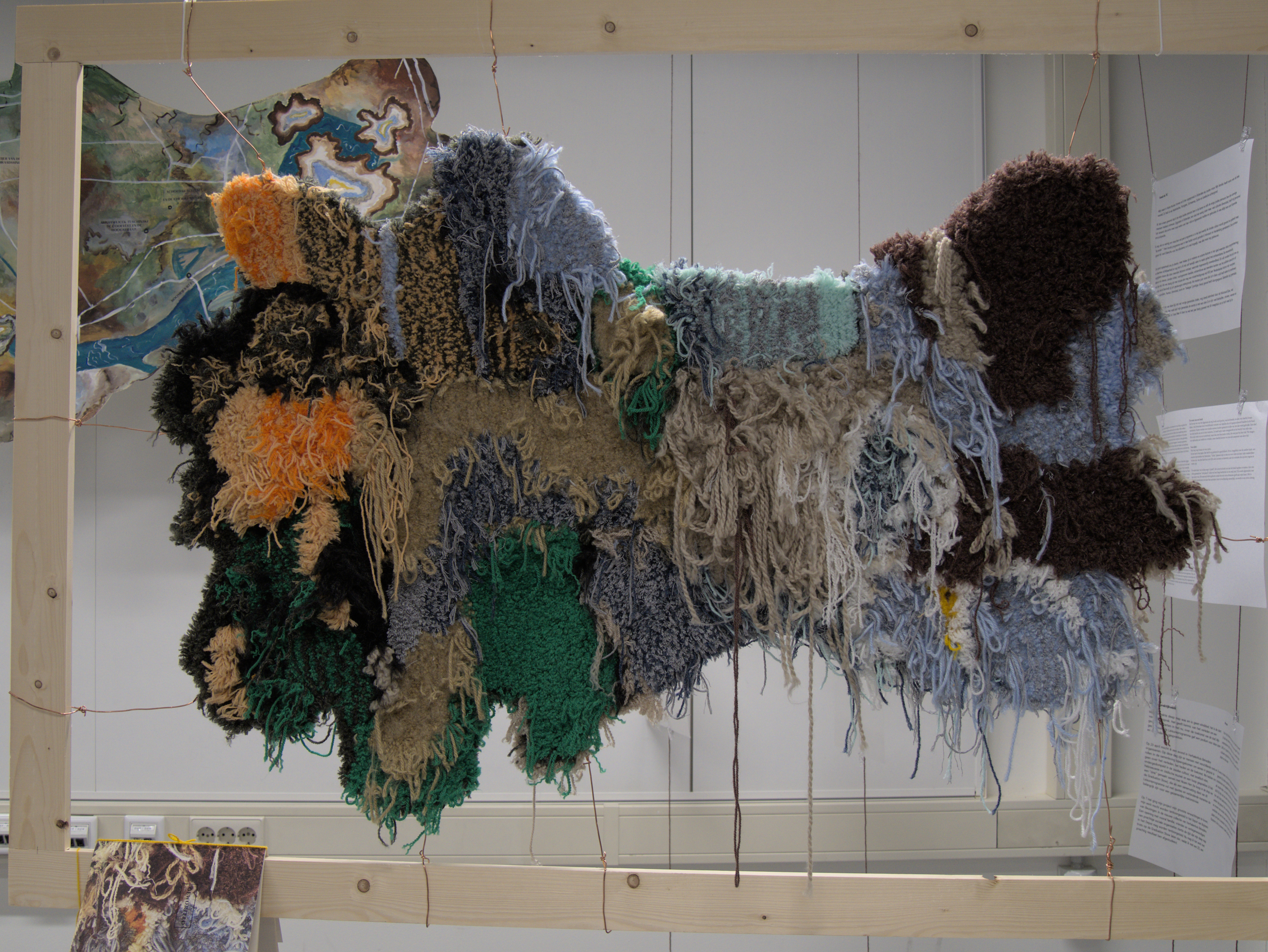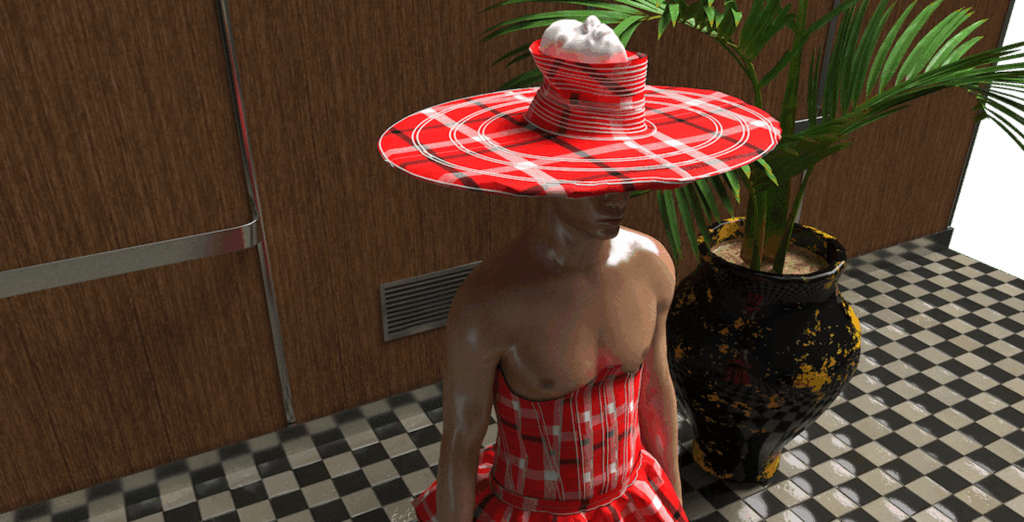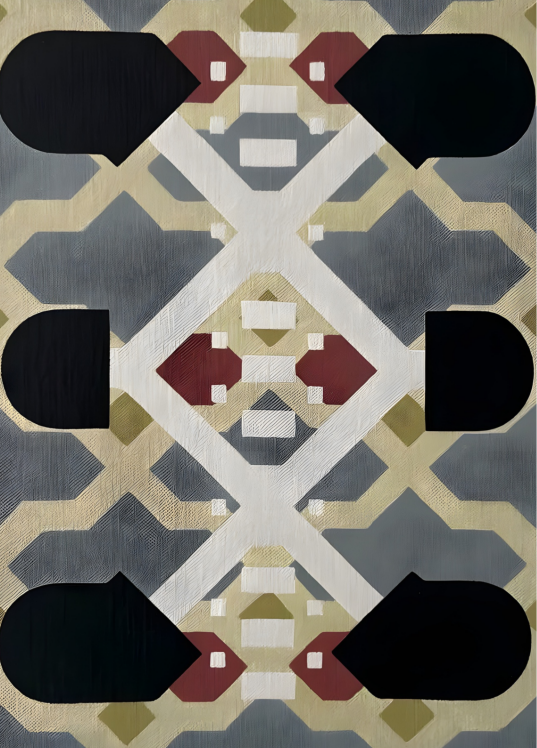During the last Graduation Show that took place from July 5-8, INCLUDED interviewed graduates of WdKA whose projects are focused on inclusivity.
INCLUDED is an initiative and community that strives towards a more inclusive Hogeschool Rotterdam, that WdKA is part of. They focus on bringing together people from Hogeschool Rotterdam, by using collective knowledge and connections. During their visit to the graduation show they noticed the following five graduation projects, that are all focused on inclusivity in their own way. Scroll down to find out more!
Text, interview and photography by INCLUDED.
Victoria Di Gioia: Dyslexic Dislike
 Dyslexic Dislike by Victoria Di Gioia
Dyslexic Dislike by Victoria Di Gioia
Victoria notes that she has often felt different because of her dyslexia. But she believes that dyslexia is not just about the medical aspects, but also about how it affects her personally.
In Dyslexic Dislike, Victoria explores how she has come to terms with her dyslexia and how, for example, education, has affected her feelings about being dyslexic.
As an artist she uses performance and costume design. She hopes that in the future dyslexia and neurodiversity will be better understood and the stigma reduced. She wishes that people see dyslexia as a positive part of someone’s identity that should be recognised and valued.
"Through my project I have learnt to embrace my dyslexia and see it as an important part of who I am," says Victoria. "It has helped me to understand that dyslexia is not just about having difficulty reading and writing, but also about how it affects my emotions and social interactions. I want people to understand that dyslexia is not a barrier, but rather a unique aspect of my identity that deserves recognition and understanding.
Chelle Mol: Childhood Memories – Recall in neurodivergent young adults
 Childhood Memories – Recall in neurodivergent young adults by Chelle Mol
Childhood Memories – Recall in neurodivergent young adults by Chelle Mol
Chelle studied Illustration with a minor in Cultural Diversity. Her work, recall in neurodivergent young adults was inspired by her own experience of ADHD and the difficulty she has in retrieving memories. She therefore focused on strengthening memory through workshops using child-friendly tools such as markers and crayons. By drawing together, she pushed others to remember better. "In the future, I want to develop this concept and inspire others with tips," she says enthusiastically.
Chelle believes that working with others plays an important role in improving memory. "Working wth another person, you do notice that you can remember more," she explains. She has run both one-to-one workshops and group sessions and has found that communicating with others can improve memory.
Her final project changed her perception of ADHD. She realised that memories sometimes change and do not always have to be 100 per cent accurate. "It's about the feelings they evoke," Chelle believes. "It's OK if a memory is not quite right, as long as the thought is pleasurable."
Sebastian Stöcker: Odd Sightings on a Queer Commute
 Odd Sightings on a Queer Commute by Sebastian Stöcker
Odd Sightings on a Queer Commute by Sebastian Stöcker
Sebastian explored being queer in the project Odd Sightings on a Queer Commute. A niche visual novel, the game lets players experience what it is like to be queer on public transport, where they may encounter uncomfortable situations and obstacles.
"In the metro, I feel uncomfortable being around some people because I stand out so much. At the same time, I am claustrophobic. I don't feel safe when people are standing close to me. I wanted to use that in a game by making the main character invisible because you are the main character," Sebastian explains.
He spoke to people about being queer and gaming and noted: "A lot of games focus on men being tough and women being sexy. But you can play queer by playing against the game, for example, by making a character do things that are not part of the rules of the game. You can express yourself in the game whichever way you want.
Sebastian is happy with the outcome of his project and wants to make future commercial games that continue to incorporate queerness. For others who want to make queer games, he advises to just start and experiment.
Sonja Aljaberi: The Scars of Iraq
 The Scars of Iraq by Sonja Aljaberi
The Scars of Iraq by Sonja Aljaberi
In The Scars of Iraq, Sonja explores intergenerational suffering within Iraqi refugee families. The project revolves around her parents' poignant story being refugees and ending up in the Netherlands. "It is a painful story of my mother that has never been made public," says Sonja. Using a Persian carpet as a symbol referring to her parents' homeland in the Middle East, she wants to get the message across for the next generation, hoping they will not have to feel the wounds of the war in Iraq.
As a culturally inspired designer, Sonja wants to inspire people of a certain cultural background and enable them to recognise themselves in it. "As a woman from a Middle Eastern background, I grew up in the Netherlands. It was definitely not easy," she says. She wants to discuss taboos and advocate equality, and introduce people to diversity in the world.
Kèrèn Na'ama Vromen: Rooted - About visibility and familiarisation of Jewish cultural roots and traces in Rotterdam
 Rooted - About visibility and familiarisation of Jewish cultural roots and traces in Rotterdam by Kèrèn Na'ama Vromen.
Rooted - About visibility and familiarisation of Jewish cultural roots and traces in Rotterdam by Kèrèn Na'ama Vromen.
Kèrèn grew up Jewish in Rotterdam and often feels like the only Jewish person in a room. She is proud of her diverse background and wants to share and celebrate Jewish culture with others. However, there is little space in Rotterdam to showcase Jewish culture, except in the context of the Holocaust. Therefore, Kèrèn's project Rooted (Geworteld) aims to map and share historical Jewish stories from Rotterdam. She uses a special artistic tool, 'deep mapping', to show and discuss these stories in the city.
Her aim is to use the past as a means to look to the future together, to celebrate what has been and to familiarise people with the Jewish roots of Rotterdam. By sharing these stories, she aims to create a culture of understanding and inclusion in which Jewish communities have an important place in Rotterdam society.
The interviews in this article are written and translated by INCLUDED, you can read more of their stories on their website. You can also send in your own story via included@hr.nl.

